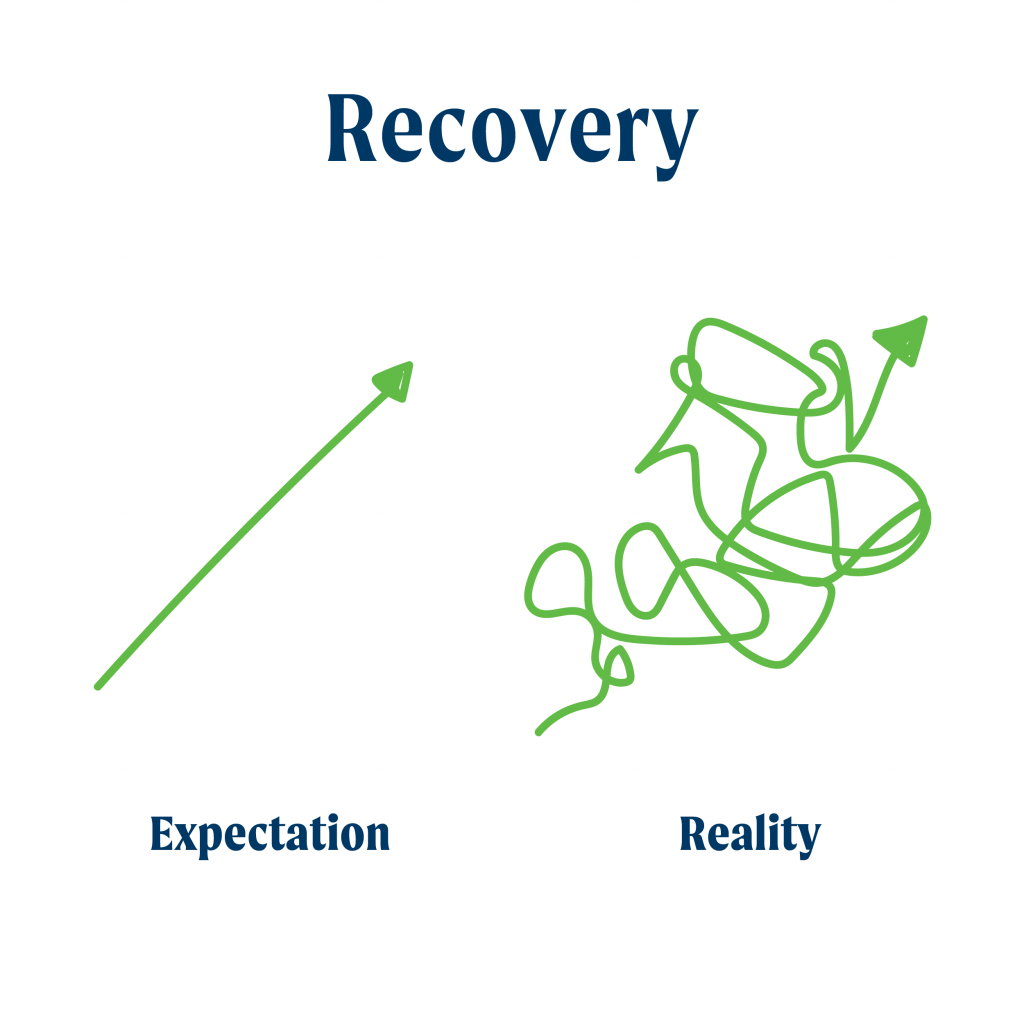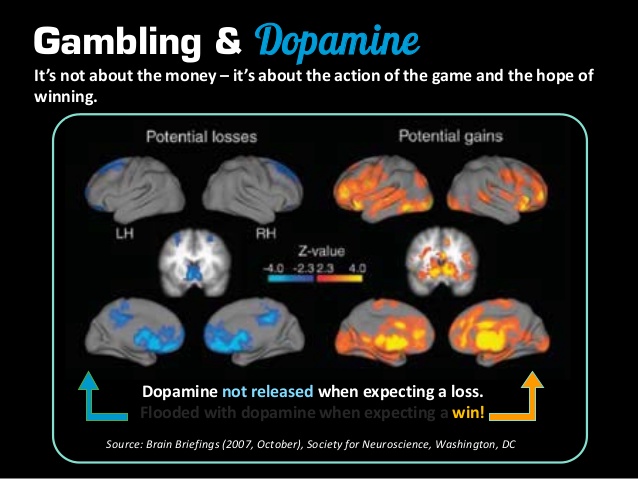
For many, problem gambling can feel overwhelming and debilitating. The strong and seemingly uncontrollable urge to gamble even when it poses risk is scary, but not impossible to overcome. Recovery takes time, bravery and commitment, but it’s always worthwhile. No matter how challenging things may seem, you have the chance to get your life back on track. All kinds of support are available to people dealing with gambling addiction, and the decision to pursue recovery is a great place to begin. Learn about problem gambling recovery options and what to expect through the healing process.
There’s no one-size-fits-all solution
There are plenty of success stories about different kinds of recovery, and these are a testament to the possibility of positive change. True stories are inspiring and demonstrate that everyone has a unique approach to finding what works for them. A treatment method that worked for one person may not be right for someone else, so it’s important to explore all options to see what feels right for your needs. Here are a few approaches to recovery that can work well.

Confiding in loved ones
Disclosing a gambling problem to a trusted person in your life, like a partner, family member or friend can be a helpful way to start the recovery process. Choosing one or several people to confide in opens the door to a possible support system. For some, this is a great way to be held accountable and have support while seeking treatment.
Choosing to attend a program
In some cases, an inpatient treatment center is the best solution, with a range of support and treatment methods offered. This option also keeps all forms of gambling out of reach by spending time in an intentional, focused space. Community support groups are another popular option for people seeking recovery. These peer-based gatherings are found throughout the country, and often use 12-step methods and consistent discussion for ongoing accountability.
Therapy and medication
Working with a therapist to explore causes, goals, and address ways to overcome challenges can also be an effective way to make progress. The skilled professionals are often able to guide clients through techniques for managing urges and impulses, which perpetuate gambling addiction if left untreated. If you have another condition that affects your gambling behavior, a medical professional may also be able to prescribe appropriate medication. In some situations, this can aid the recovery process by improving problem gambling behaviors.
Setbacks are a common part of the process
Since problem gambling is a type of addiction, quitting the behavior is not necessarily simple, easy or quick. Once the decision to stop has been made, there could still be challenges along the path to recovery. This could mean going to a casino despite efforts to avoid them, or taking part in some type of gambling and losing money.
Making a mistake like this might feel discouraging, but it’s not a reason to lose hope. Setting an intention to regain control of your finances and personal life lays a strong foundation for ongoing improvement, but doesn’t guarantee instant perfection. When setbacks occur, rather than giving up hope, learn from the situation and aim to identify the cause so you can prevent a future setback. And be sure to let one of your close contacts know so they can offer support.
Focus on your motivation
Throughout the challenges on the path to recovery, staying committed to your original reason for pursuing it can be a powerful way to make progress. When tempting thoughts arise, remind yourself that any type of gambling, and any amount of money gambled, will likely cause harm by leading to continued activity. If you know that certain situations contribute to gambling urges, make it a priority to avoid them. If you realize in the moment that something is causing an urge to gamble, remind yourself of your goal and avoid the trigger next time.
Recovery isn’t easy — it will likely take time and continued effort. When preparing for the process, make a plan for how you’ll react to challenges and potential mistakes along the way and continue toward your goal. Remember that everyone’s path is different, but recovery is always possible. With a trusted support network and an eagerness to keep going, problem gambling can become a thing of the past, paving the way for a more stable life.







